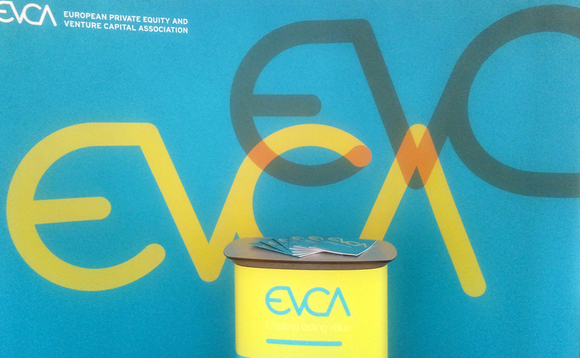
Venture's global outlook drives success

Europe may gradually and finally be shedding its image as the ugly duckling of alternative assets investment opportunities. Kimberly Romaine reports from Budapest.
Early-stage innovation in Europe is very healthy, said Karsten Langer, chairman of EVCA speaking to your correspondent. Six of the top ten countries in the Global Innovation Index are from Europe. He then pointed out that the issue with venture capital is a lack of institutional investment and this, unsurprisingly, is down to a lacklustre history of returns. However, this may be changing this year - unquote has recorded an unprecedented number of lucrative venture exits, and last week reported that Sonali De Rycker of Accel Partners believes we have another three strong years ahead for European venture.
To continue on this success path, the industry could do well to take some lessons from the Israeli market, where venture is buoyant. Israel is a small market. You cannot think locally, even from day one, said Eddy Shalev, founder and managing partner of Israeli VC Genesis Partners. You must sell in the US. The research and development as well as engineering can be done in Israel, but once a product exists, we hire US management. We then sydicate to a US VC to benefit from that network. But if you do not sell in the US, you cannot exist, he explained, speaking at the EVCA Venture Capital Forum this morning in Budapest.
He indicated the size of some European markets could actually hinder, rather than help, their prospects. If you are in Germany and think I have 80 million people you may be tempted by this seemingly large market to stay there. But this is wrong. Indeed the majority of recent venture homeruns in Europe have involved the local backers helping to capitalise on the US market.
His views were echoed by Paul Deninger, senior managing director of Evercore Partners. National interests may be advanced by being less nationalistic.
Israel's market may have also been helped by supportive government initiatives in the early 1990s. Back then, the government set up a small fund of $200m and invited four VCs to raise money that would then be matched by the government fund. These VCs then had an option to buy the government out later, by paying cost plus interest. This, Shalev believes, helped fertilise the roots of the successful Israeli scene. After this, there was no longer a need for the government to get involved. This point is crucial following on from a gentle push, the Israeli venture community became viable.
There is still much government involvement in Europe. Critics feel this props up inferior outfits that are not fit to back businesses, and in doing so, drags down returns for the wider industry. The majority feel that state backing remains crucial for European innovation and, by extension, growth. Langer explained he recently met two US entrepreneurs who were unable to raise money domestically and so came to Europe to raise money from various government initiatives. Venture is the acceptable face of business in politics. It helps businesses to grow, and VCs should seize on this as an opportunity, Langer says. But VCs must not become overly dependent on government funds; to keep the knife sharp they should continue to raise independent funds.
He goes on to warn that venture is both an instrument of public policy as well as a source of returns. Managing the combination of both is very difficult; when one is achieved, the other may be compromised.
Latest News
Stonehage Fleming raises USD 130m for largest fund to date, eyes 2024 programme
Sponsor acquired the public software group in July 2017 via the same-year vintage Partners Group Global Value 2017
Stonehage Fleming raises USD 130m for largest fund to date, eyes 2024 programme
Czech Republic-headquartered family office is targeting DACH and CEE region deals
Stonehage Fleming raises USD 130m for largest fund to date, eyes 2024 programme
Ex-Rocket Internet leader Bettina Curtze joins Swiss VC firm as partner and CFO
Stonehage Fleming raises USD 130m for largest fund to date, eyes 2024 programme
Estonia-registered VC could bolster LP base with fresh capital from funds-of-funds or pension funds








